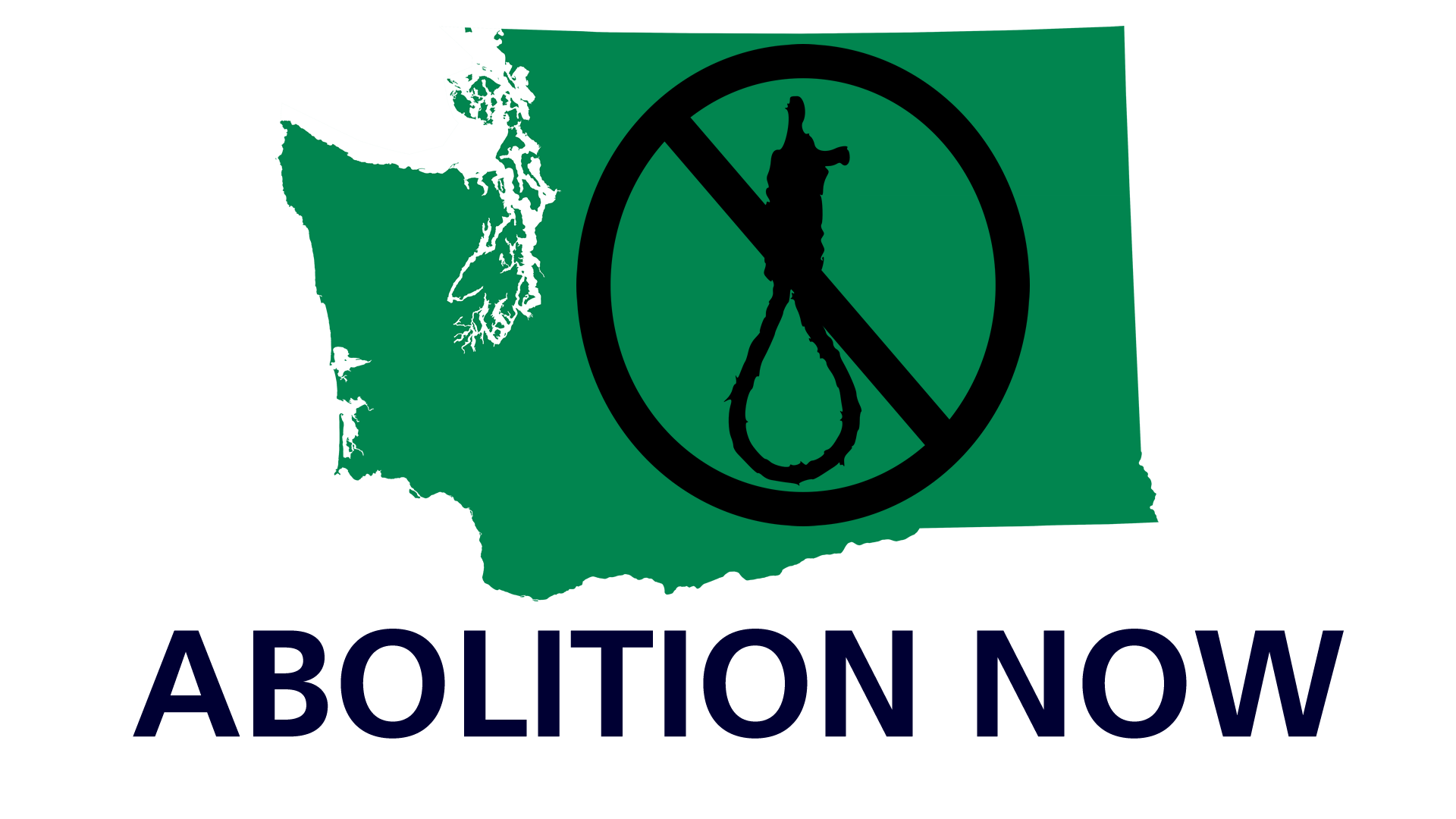Moments ago, the Washington State Senate voted for the third consecutive year to adopt legislation that permanently abolishes the death penalty in Washington State, acknowledging and cementing an October 2018 State Supreme Court decision that converted all death sentences to life sentences.
Senate Bill 5339, sponsored by Senator Reuven Carlyle, passed on a vote of twenty-eight to eighteen, with three excused, after a fairly low-key floor debate, with Senator Karen Keiser, President Pro Tempore, presiding.
The roll call was as follows:
SB 5339
Death penalty elimination
Senate vote on 3rd Reading & Final Passage
1/31/2020Yeas: 28; Nays: 18; Excused: 3
Voting Yea: Senators Billig, Carlyle, Cleveland, Conway, Darneille, Das, Dhingra, Frockt, Hasegawa, Hawkins, Hunt, Keiser, Kuderer, Liias, Lovelett, Mullet, Muzzall, Nguyen, Pedersen, Randall, Rolfes, Saldaña, Salomon, Stanford, Walsh, Warnick, Wellman, Wilson (Claire)
Voting Nay: Senators Becker, Braun, Brown, Fortunato, Hobbs, Honeyford, King, O’Ban, Padden, Rivers, Schoesler, Sheldon, Short, Takko, Van De Wege, Wagoner, Wilson (Lynda), Zeiger
Excused: Senators Ericksen, Holy, McCoy
Like last year, Democratic Senators Dean Takko, Kevin Van De Wege, and Steve Hobbs voted against abolition. Their votes were offset by Republicans Maureen Walsh, Brad Hawkins, and Judy Warnick, who voted aye. The chamber’s newest Republican Senator, Ron Muzzall, (R‑10th District: Island County) also voted aye, breaking with his predecessor Barbara Bailey, who cast a nay vote last year.
So, in total, four Republicans crossed the aisle this year to support abolition, while three Democrats crossed the aisle to defeat it.
Republican Senators Doug Ericksen and Jeff Holy missed the vote, as did Democratic Senator John McCoy. Ericksen and Holy voted nay last year, while McCoy voted aye. Had they all been present and voting, the vote this year on death penalty abolition would have been twenty-nine to twenty.
Research commissioned by the Northwest Progressive Institute in 2018 found an overwhelming majority of Washingtonians of all political persuasions in support of life in prison alternatives to the death penalty. 69% endorsed a form of life in prison as a punishment for heinous murders, while just 24% expressed a preference for retaining the death penalty, which was subsequently struck down by the Washington State Supreme Court, as mentioned earlier.
“For more than ten years, I have worked with colleagues to help build consensus that moving beyond the death penalty is in the best interest of the people of this state,” Carlyle said in a statement sent to NPI. “I’m deeply appreciative of the thoughtful and gracious conversation with the families of victims, and the recognition that this is a moral, policy, financial and community issue that requires deep reflection and a commitment to elevate the civic discourse.”
“I’m honored to have sponsored this measure for many years because we as a civic society have moved beyond the death penalty.”
“This legislation represents us taking a stand and taking the death penalty off the books. I’m honored the Senate has passed this for the third time in three years, bringing us in line with the position of the governor and the courts.”
“The Washington State Supreme Court has struck down the death penalty four times, and until now, we repeatedly tried to ‘fix’ the legal problems,” Attorney General Bob Ferguson said. “Enough is enough. This bill gives clarity to prosecutors and the public, ending the cycle of trying to fix this broken and irreparable law. The House of Representatives can send a powerful message that the people of Washington state are part of the nationwide movement to use finite criminal justice resources in ways that are fair, equitable, and effective.”
Prior to Senate Bill 5339’s passage, several Republican senators rose to decry the idea of Washington State joining the rest of the civilized world in doing away with a barbaric and antiquated punishment. Several talked about doing right by the victims of heinous murders, arguing that taking away the “ultimate punishment” didn’t make sense. But what does not make any sense is spending enormous sums of money to kill people who are convicted of killing other people.
An eye for an eye is not justice. The death penalty does not make our communities safer. It does not bring closure to victims. It does not deter crime. And it cannot be reversed or undone in the event that our judicial system makes a mistake and sentences an innocent person for a murder they did not commit.
Advances in forensic science and DNA evidence notwithstanding, courts of law are run by human beings, and human beings make mistakes. There is no way to guarantee that a person convicted of murder is actually guilty. Consequently, it is imperative that we do away with the death penalty, as other democracies around the world have done, and sentence people convicted of murder to life in prison.
It’s heartening to see this bill pass once again with bipartisan support. Thanks to the four Republicans who put their principles first and voted aye.
The Senate has done its duty to push an important, long overdue human rights advance forward once more. Now the House of Representatives must act and send this noble legislation to Governor Jay Inslee for his signature.


Comments are closed.